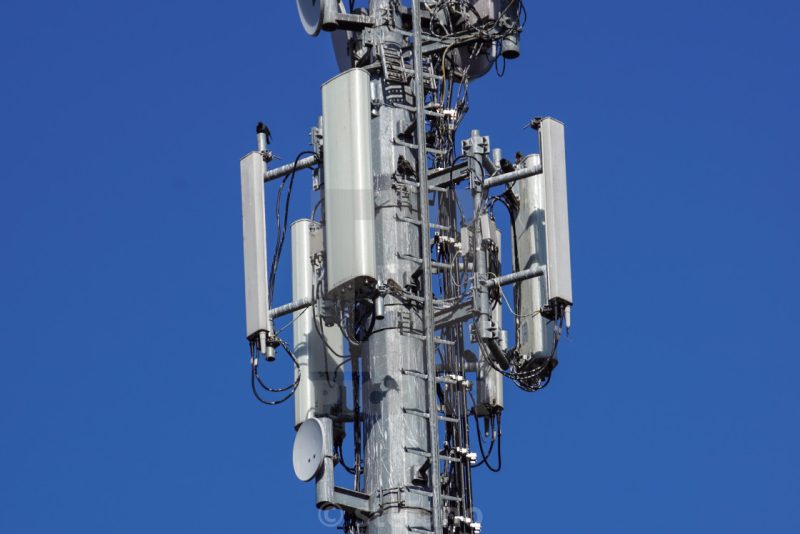
Evidence is coming in from many sources, from countries around the world, that what was seen as a huge surveillance surge — post 9/11 — is now completely upstaged by pandemic surveillance…
In March, the Agency awarded a contract to the Telus Data For Good program to provide “de-identified and aggregated data” of movement trends in Canada. The contract expired in October, and PHAC no longer has access to the location data, the spokesperson said. -National Post
“Evidence is coming in from many sources, from countries around the world, that what was seen as a huge surveillance surge — post 9/11 — is now completely upstaged by pandemic surveillance,” according to “Pandemic Surveillance” author David Lyon, the former director of the Surveillance Studies Centre and Queen’s University in Ontario. “I think that the Canadian public will find out about many other such unauthorized surveillance initiatives before the pandemic is over—and afterwards.”
Location and movement data was purchased from Canadian telecom giant Telus in order to “understand possible links between the movement of populations within Canada and the spread of COVID-19,” according to an agency spokesperson, who said that the mobility data analysis “helps to advance public health objectives.”
Meanwhile, PHAC intends to continue tracking population movement for at least the next five years to monitor behavior concerning “other infectious diseases, chronic disease prevention and mental health,” the spokesperson added.
In a notice posted earlier this week, the agency called for contractors with access to “cell-tower/operator location data in the response to the COVID-19 pandemic and for other public health applications.” It asks for “de-identified cell-tower based location data from across Canada” beginning from from Jan. 2019 until the end of the contract period on May 31, 2023, with possibility of three one-year extensions.
The contractor must provide anonymized data to PHAC and ensure its users have the ability to easily opt-out of mobility data sharing programs, the agency says.
PHAC’s privacy management division conducted an assessment and “determined that since no personal information is being acquired through this contract, there are no concerns under the Privacy Act,” the spokesperson said. -National Post
According to Lyon, PHAC is using “the same kinds of ‘reassuring’ language as national security agencies use, for instance not mentioning possibilities for re-identifying data that has been ‘de-identified.'”


